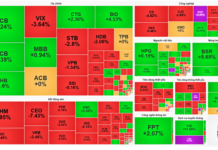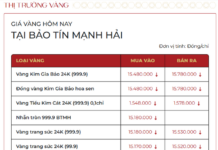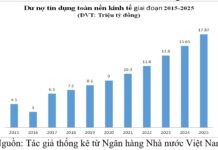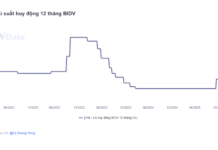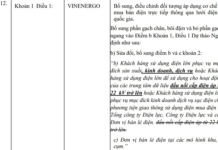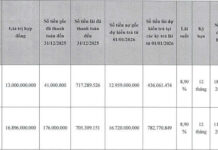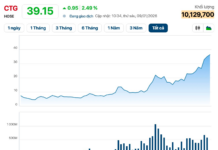
Implementing a detailed pricing schedule down to the individual plot level remains challenging. (Photo: Int)
Recently, the 2024 Land Law Draft proposed constructing a detailed land price schedule down to the individual plot level in areas with digital cadastral maps. This progressive reform is expected to enhance transparency in land valuation and streamline procedures related to land allocation, leasing, revocation, and compensation.
However, Ms. Nguyen Quynh Trang, Head of Valuation & Advisory Services at Savills Hanoi, emphasized that implementing plot-level pricing is not without its challenges: “Implementing a detailed pricing schedule down to the individual plot level remains challenging, mainly due to the current lack of comprehensive and synchronized national land data infrastructure.”
To ensure that this pricing schedule accurately reflects the true value of land, multiple layers of data, including cadastral maps, transaction history, planning, infrastructure, and environmental conditions, need to be integrated into a standardized system with regular updates and quality control mechanisms.
According to Ms. Trang, instead of a nationwide simultaneous implementation, a phased approach would be more feasible. Savills suggested that developed digital infrastructure cities like Hanoi, Ho Chi Minh City, and Danang could take the lead, with gradual expansion to other provinces meeting the requirements.
The adjustments proposed in the 2024 Land Law Draft are positive steps forward, provided they are implemented in tandem with transparent data infrastructure, clear procedures, and assured professional competence.
Ms. Trang emphasized that a successful valuation policy must combine the regulatory role of the state with market factors within a modern governance framework. Creating a plot-level land price schedule is a progressive reform. If implemented with a well-planned timeline and supported by robust digital infrastructure, this policy will help resolve bottlenecks in projects caused by land valuation delays and pave the way for a more transparent and efficient land valuation system nationwide.
A significant advantage is that, according to the 2024 Land Law, taxable income from land-use rights transfers will be calculated based on the official land price schedule. This policy encourages citizens to declare transaction prices closer to market values, thereby establishing a data foundation for land prices that better reflect market realities.
“A Proposal for a Self-Declaration and Self-Payment System for Land Use Charges”
The Ho Chi Minh City Institute of Resource Economics and Environment has proposed that businesses be allowed to self-declare and pay land use fees independently. This proposal aims to streamline procedures, reduce arrears, and boost investment activities by granting businesses autonomy in declaring and paying land use fees.
Caution: Scrapping the Regulation on Market-Based Land Valuation
The proposed amendments to the Land Law have brought about significant changes regarding land prices.

